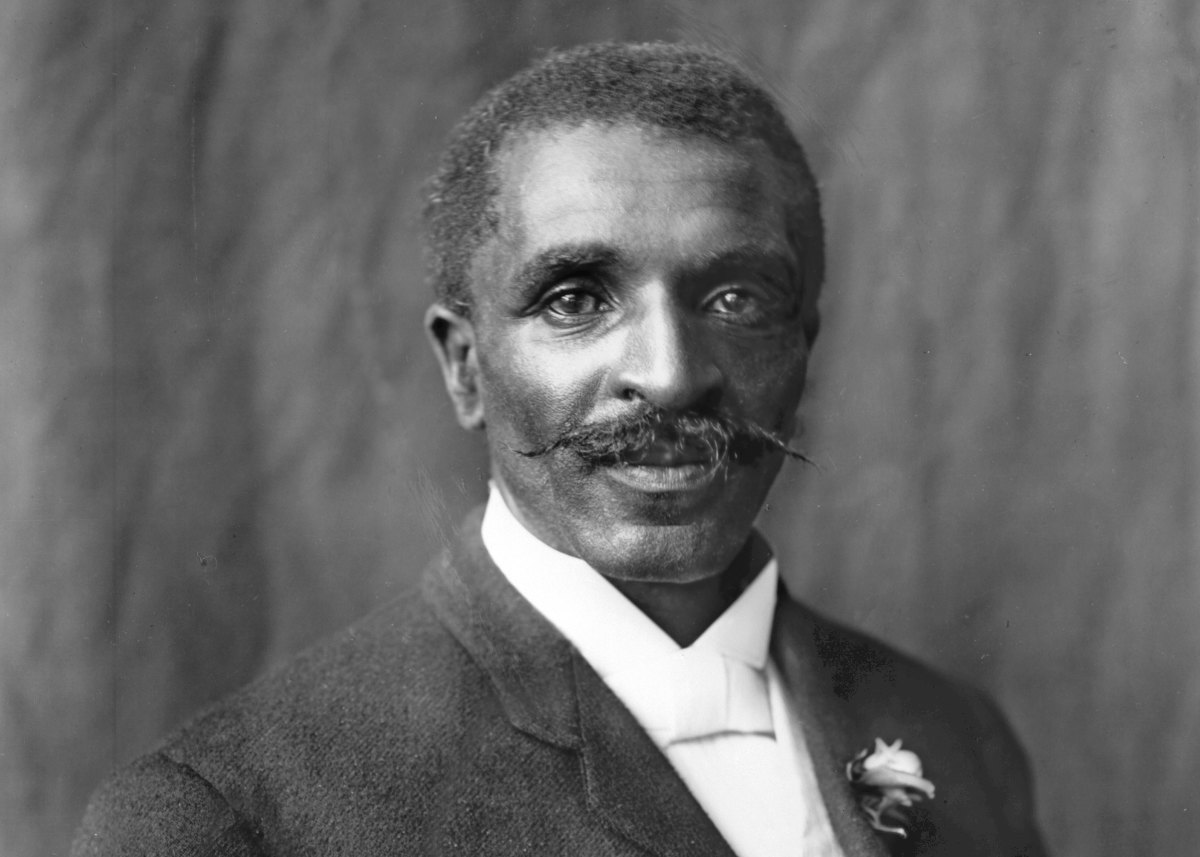
“It is not the style of clothes one wears, neither the kind of automobile one drives, nor the amount of money one has in the bank, that counts. These mean nothing. It is simply service that measures success.” – George Washington Carver
Point 1
Born into slavery in Diamond Grove, Newton County (now known as Diamond, Missouri). During his early childhood, he experienced something unimaginable, but was the norm during that time – his mother, sister and himself were kidnapped by some white men from Arkansas known as night raiders back then.
Point 2
Accepted into Highland University in Highland, Kansas but when he showed up and they saw he was black they rejected him. Still, this didn’t stop him from pursuing his dreams. He left there and a few years later enrolled as the first black student at Iowa State Agricultural College in Ames, where he also obtained his Master’s degree and soon was the first black faculty member at the college.
Point 3
Booker T. Washington invited him to head the Agriculture Department at Tuskegee University, where he taught for 47 years. He taught methods of crop rotation, introduced several alternative cash crops for farmers that would also improve the soil of areas heavily cultivated in cotton, initiated research into crop products (chemurgy), and taught generations of black students farming techniques for self-sufficiency.

Point 4
Designed a mobile classroom to take education out to farmers. He called it a “Jesup wagon” after the New York financier and philanthropist Morris Ketchum Jesup, who provided funding to support the program
Point 5
His many honors were his election to Britain’s Society for the Encouragement of Arts, Manufactures, and Commerce (London) in 1916 and his receipt of the Spingarn Medal in 1923. Late in his career he declined an invitation to work for Thomas A. Edison at a salary of more than $100,000 a year. Presidents Calvin Coolidge and Franklin D. Roosevelt visited him, and his friends included Henry Ford and Mohandas K. Gandhi.
